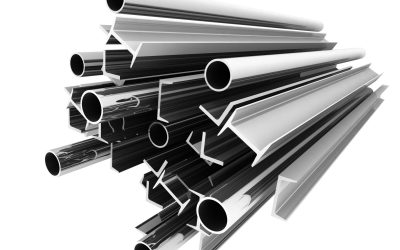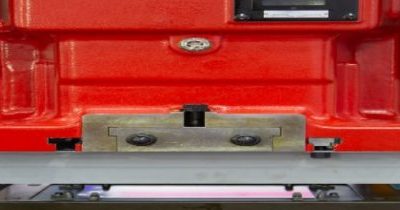In the diverse industries producing products today, metal fabrication plays a distinct and very important role. Manufacturers rely on fabrication shops to provide them with the components they require to produce a finished product. While the providers of such services in places such as Cleveland may vary according to what technique, method or approach they take, they often have one thing in common. They rely on sheet metal as the basis for their work.
What is Sheet Metal?
Sheet metal, as the name clearly indicates, is a form of metal. Using an industrial process, the material is produced most frequently as thin, flat pieces. The gauge (measure of thickness) varies. A larger number such as 25 or 39 gauge a thick sheet; a smaller gauge such as 7 or 8 indicates a thin sheet. The gauge will also differ for ferrous and non-ferrous materials.
The material – no matter what the gauge, is shipped to fabrication shops and other companies to provide the material for their workpieces. They may receive the metal in the common flat pieces or in coiled strips.
The metal is then adapted into the required shape or size through one or more of the following processes:
* Forming
* Shaping
* Joining
This is called fabrication. Metal fabrication takes the sheets using these processes and a variety or equipment and technology creates, repairs or reconstructs something tangible.
Common Metal Sheets
Different metals can produce viable sheets. These include:
* Aluminum
* Brass
* Copper
* Gold
* Nickel
* Platinum
* Silver
* Steel
* Tin
* Titanium
Some sheet metals may be for decorative use only e.g. silver and gold, while a majority of them is for use in functional workpieces. Jewelers in Cleveland, for example, may utilize gold and/or silver sheets to produce their items.
Applications
No doubt remains about the global application of sheet metal. Applications encompass some of the world’s major industrial concerns. It is a significant material in
* Aerospace – airplane wings
* Architectural or Structural – roofs for buildings
* Automotive – car bodies
* Food – trays
* Medical – medical tables
In fact, applications of this type of metal spread across the production output of almost all of our modern manufacturing concerns. Countless objects you use every day have indirect or direct ties to sheet metal fabrication processes.
Fabricating Sheet Metal
Fabricating sheet metal is a common step in today’s manufacturing processes. The preparation of a product relies on the capabilities of a fabricating shop to process the material correctly. While some shops in Cleveland may restrict their services to a few significant processes and metal sheet materials, others choose to expand incorporating the latest technology and metallurgical knowledge to produce unique and niche products.







